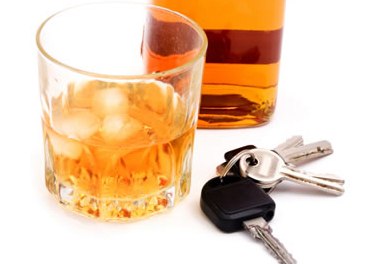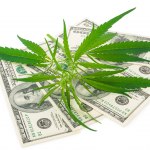An industry insider offers a different take on marketing and promotion:
The Ugly Truth Behind All Those Fun Gambling Ads
It’s interesting in part because of the person who wrote it – Jack O’Donnell, who explains that he was “formerly Senior VP of Marketing for Steve Wynn, president and COO for Donald Trump, and COO for Merv Griffin. I also owned or operated gambling operations in five U.S. States and Greece.”
If some of those names are familiar, they should be. Steve Wynn developed the Golden Nugget, The Mirage, and the Bellagio, among others. Merv Griffin, the creator of Jeopardy and Wheel of Fortune, is the man who bought Resorts International from Donald Trump.
O’Donnell knows what he’s talking about. “I know the language of “hooking” a small-time gambler and how to land a whale, someone willing to risk tens of thousands of dollars on a single bet,” he says. “But for the past 20 years, I have worked in the addiction and behavioral health field.”
Some of his observations:
- What seems like a loss can actually be a win for the casino. For instance, the common practice of transporting customers, mostly senior citizens, in buses for a day’s outing, and providing them with a certain amount of free chips. That’s a way to ensure they will spend far more money from their own purse in the empty hours at the casino.
- Now, with online gaming, large amounts can finally be wagered and lost in the comfort of your own living room. Yes, the customer could theoretically get up off the couch and go do something else. But how many actually do that, until at least several hours of play (and losing) have elapsed?
- O’Donnell maintains that each play, each bet, leads to a dopamine release that the brain will perceive as pleasurable. That’s regardless of a win or a loss – both produce the same “rush”. For many gamblers, it’s this rush they seek — it’s what keeps them gambling, more than the wins and losses themselves.
That last claim is backed by some persuasive research. Bettors at the race track, for instance, routinely report a distinct feeling of relief right after they place a bet – again, regardless of a win or a loss. “That’s what I was chasing,” admitted one gambler, now in recovery. “That feeling. But it doesn’t last. You have to keep chasing it.”
Unlike with substance addictions, where physical withdrawal can be a powerful incentive for continued use, gambling disorders depend on compulsion. Or as the saying goes, “one is too many, a thousand not enough.” Once a binge begins, it usually lasts until the money runs out.
A few years ago I ran into a gentleman who was proud of his strategy for avoiding heavy losses in casinos. He hired a trusted friend to stand behind him as he played, observing. At some point, the friend would urge and if necessary, force him to get up and leave the table.
For him, this was perceived as a victory of sorts. He could have the best of both worlds – gratifying his craving, yet with no risk of going broke. It didn’t occur to him that simply needing such a strategy in order to control oneself was a sign of addiction.
The author of this article acknowledges that the vast majority of people who gamble do not develop an addictive disorder. Of course, that’s also true for alcohol and many other substances. Those who do become addicted still face plenty of suffering — all the while wondering, “why me?”
I’m afraid the only possible answer is, “why not you?”
It’s enough reason, I think, to justify exerting some controls over the promotional and marketing efforts that the gambling industry depends on.













